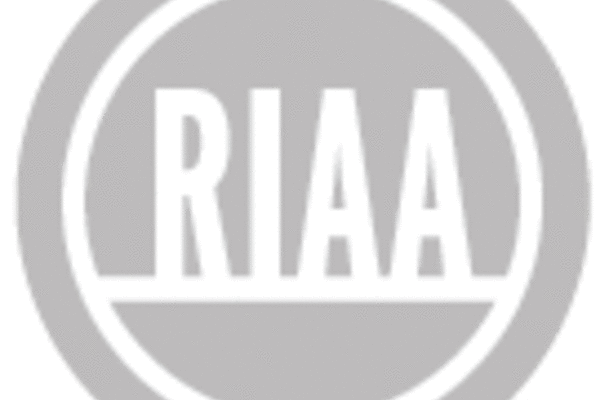RIAA sued by consumer citing illegal tactics
Dave Horvath
17 Aug 2007 14:18

Being no stranger to the court room, the RIAA has found themselves on the receiving end of a class action lawsuit filed by Tanya Anderson of Oregon who claims the recording organization impersonated her daughter's grandmother over the telephone in order to gain evidence towards an illegal file-sharing lawsuit. The charges filed against the RIAA are many and amount to such things as counts of negligence, fraud and misrepresentation, racketeering and corruption, abuse of the legal process, malicious prosecution, outrage and intention to inflict emotional distress, computer fraud and abuse, tresspassing, invasion of privacy, libel and slander, deceptive business practices, misuse of copyright laws and finally civil conspiracy.
The lawsuit names the RIAA as well as several companies held underneath its umbrella of business as well as MediaSentry, a firm the RIAA knows well and uses to gather information about suspected illegal music pirates. Anderson states that the non-profit organization engages in acts of intimidation through litigation to maintain a monopoly on the music industry. The lawsuit itself is said to call out MediaSentry for conducting "illegal, flawed and negligent investigations for the RIAA and its controlled member companies."
A piece of the lawsuit filed reads, "MediaSentry and the RIAA know that their investigations are illegal and flawed. MediaSentry is not licensed or registered to conduct private investigation of private US citizens. Moreover, in a March 2004 sworn deposition MediaSentry's then president admitted to various serious flaws in the investigative scheme which all Defendants know result in misidentification of individuals."
The lawsuit claims that not only are the RIAA's information gathering practices illegal and flawed, but the intimidating letters sent to the alleged provide a less than adequate 10 days in which to respond, giving the defendant not enough time to research the allegations or defend themselves. It has been cited that the RIAA uses its investigations as a campaign of threat and extortion, according to the suit.
Source:
Register